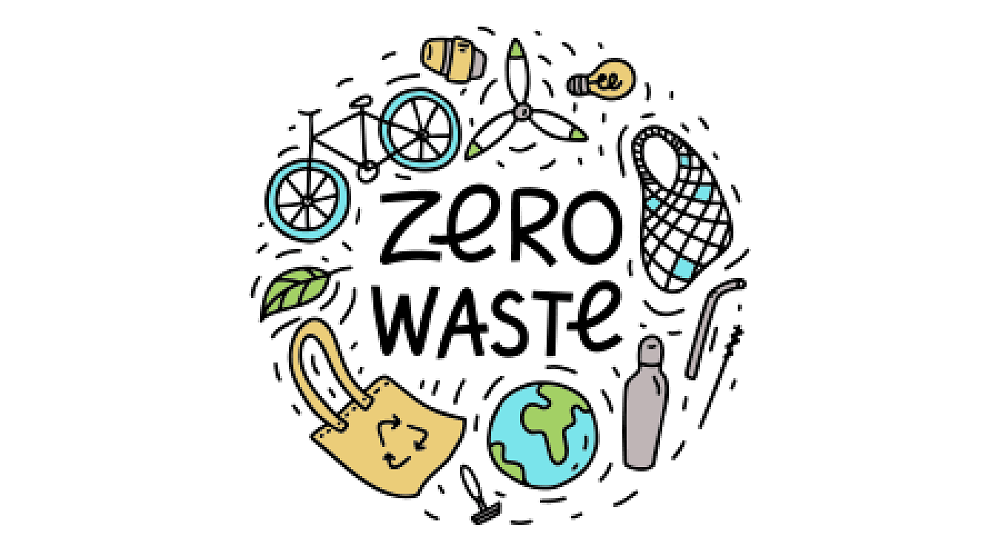
Zero Waste Education
Read some student-written articles about the Year 7 Zero Waste in class unit.
Zero Waste Comes to Room 20
In week two, Josephine from the Zero Waste program came to Room 20. She taught the students a little bit on how to be sustainable.
During the sessions the students learnt;
There are 8 billion people on the planet,
4.14 million phones are sold a day,
Developed countries have 20% of the world's population
You can recycle phones
In the final session, the students got to do a debate. What's better; cans or plastic bottles? In the end there was not much in it, and cans won with the score 8-7.
Alexander
In Week 2 Josephine came to talk to Room 20 about zero waste. Firstly, Josephine taught us about renewable and non-renewable natural resources. For example, trees are renewable but oil, iron sand, silica sand, and bauxite are not renewable.
Developed countries only make up 20% of the world's population but create 75% of the world’s waste. That's a lot! Not only do they do that but they consume 86% of all the goods and services produced and use up 58% of the world's energy.
We need to reduce our dependence on nonrenewable natural resources. Everyone can help with this by recycling products; such as phones, clothes, and mattresses. If we work together we can be sustainable.
By Lisa Marie, Cole, Caitlyn, and Greyson
Pollution is a serious problem in New Zealand and other countries in the world.
In Week two, we had Josephine from Zero Waste come to talk to Room 20. In the first session, we learnt about resource sustainability. For example, which natural resources are renewable or nonrenewable? This includes bauxite, iron sand, silica sand, and oil which are all non-renewable. Only a small percentage of resources are renewable. This implies we should live sustainably.
In the second session, we looked at how to recycle different materials, such as phones, metals and plastics. So, if you go into a phone shop, the workers will take your phone and dispose of it sustainably. When you do this, they take out parts that can be reused and dispose of the rest. On occasions, they even give you back the money from the parts! Beats throwing the phone in the bin!
Chloe M, Cooper, Lewis, and Fariya
Do you know what one piece of rubbish could do to this earth? Over a truck load of rubbish enters the ocean every day, costing the lives of marine animals and polluting our oceans on an unthinkable scale.
However, we can fix this. Let's work together to cut down our use of unnecessary packaging and plastic. Other ways we can help are donating our chippy packets to businesses that will turn them into blankets for those in need.
To be able to be sustainable and recycle, you would need to have the knowledge of what's renewable and what's nonrenewable. For example, trees, wool, and paper are all renewable but silica sand, iron sand, oil, and bauxite are nonrenewable resources. You can use this information to help you be sustainable.
Mila, Eli, Emily, and Aidan
In Week two, on the 2nd and 3rd of August, Josephine from Zero Waste came to Room 20. Josephine talked about what are renewable and non-renewable resources. Some of these resources are; trees, oil, iron sand, silica sand and bauxite. Interestingly, these are all used in everyday items such as chairs, car engines, door knobs, and even the paper - that you may be reading from.
This is why it is important to live as sustainably as possible and recycle the items we can.
Ari H, Riley, Nicholas, Jaime, and Georgia
We learnt about sustainability in Week two. Sustainability is interacting with the environment in a way that ensures there will be enough resources left for future generations.
We can be sustainable by recycling everyday products like aluminium cans which are infinitely recyclable.
We need to recycle our plastic because if not it will end up in landfills. Recycling certain products is sustainable and helpful to the environment.
Every day 1440 truckloads amounts of plastic are swept into the ocean. This results in 100 million innocent marine animals, annually, suffocating due to plastic consumption.
By Abbey, Lydian, Ari, and Michael
Gallery








